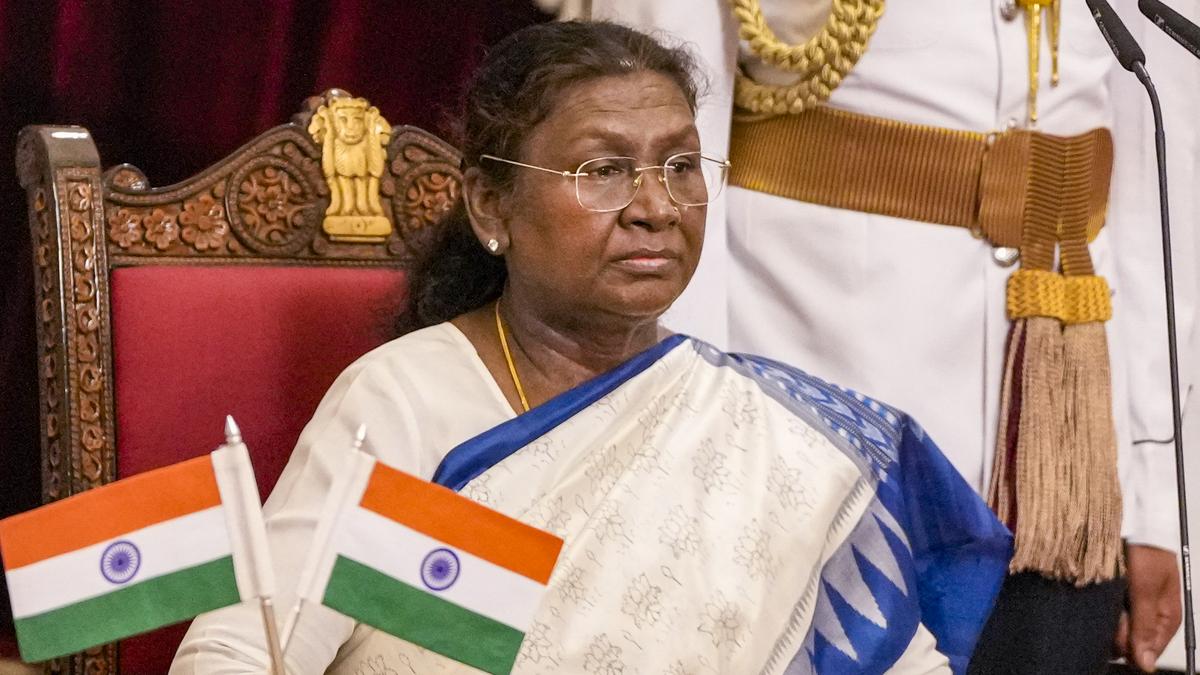
President Murmu seeks clarification from Supreme Court on its judgment imposing time frame to give assent to bills
The Hindu
President Murmu seeks Supreme Court opinion on Governor's powers under Article 200, Presidential assent, and Article 142 scope.
President Droupadi Murmu has sent a Reference under Article 143 of the Constitution to the Supreme Court for its opinion on, among other questions, the “Constitutional options before a Governor when a Bill is presented to him under Article 200 of the Constitution of India”.
The Presidential Reference has also asked for the Supreme Court’s opinion on whether timelines can be imposed on the President through judicial orders when Bills are reserved by Governors for Presidential assent.
The President’s Reference said there are conflicting judgments of the Supreme Court as to whether the assent of the President under Article 201 was justiciable or not.
The Reference, dated May 13, has also sought the opinion on the contours a and scope of Article 142 of the Constitution.
In a reference to the Tamil Nadu Governor judgment of the apex court, the Presidential Reference said the “concept of deemed assent of the President and the Governor is aline to the Constitutional scheme and fundamentally circumscribed the power of the President and the Governor”.
The apex court judgment in the Tamil Nadu Governor’s case had held that assent to Bills would be deemed if no action was taken on them by the President or Governor within the prescribed timeline of three months.
The Presidential Reference highlighted that States are resorting to approach the apex court under Article 32, and not Article 131, to raise issues “which by their very nature are federal issues involving interpretation of the Constitution”.













